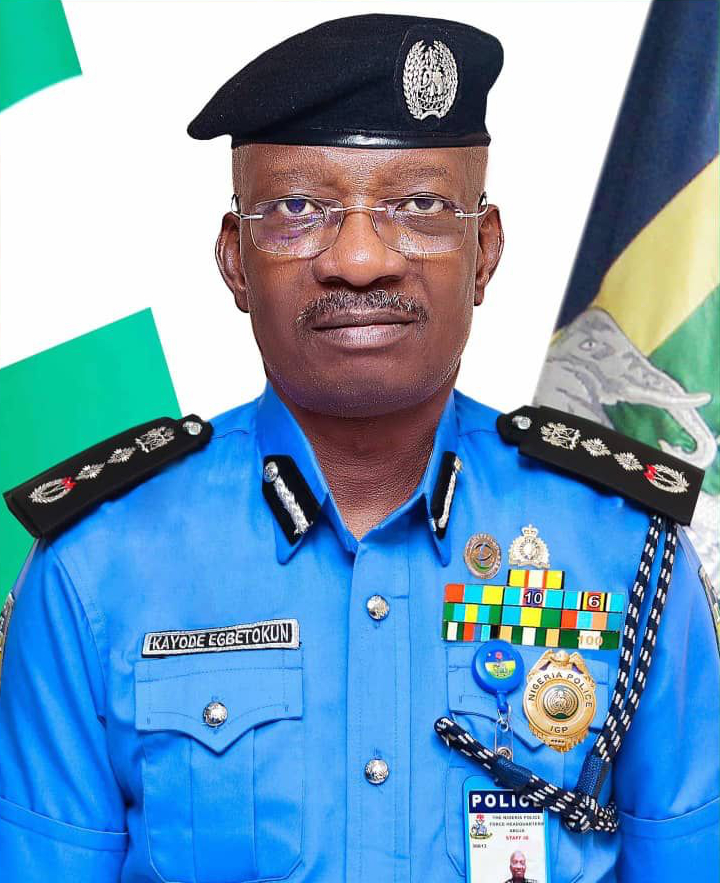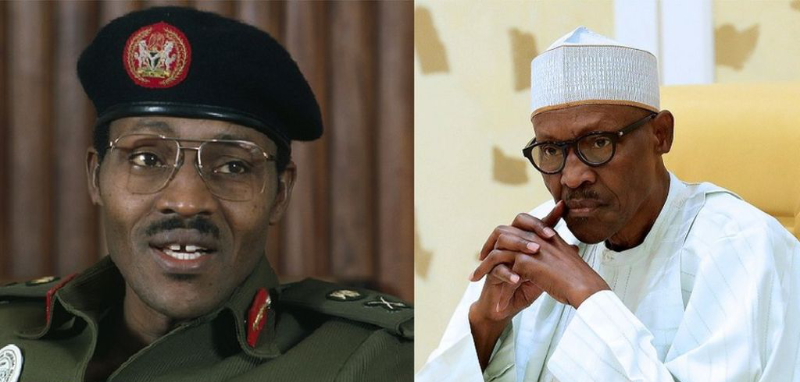Choice of Senate president could fuel religious tensions
Published on 2023 April 17, Monday Back to articles
Imo West’s Senator Osita Izunaso is Tinubu’s reported favourite Southeast candidate
The religious identity of the Senate’s next president is likely to have implications for Nigeria’s national stability, despite the fact that the competition for the position appears to be largely disregarding this fact. President-elect Bola Tinubu and his vice president Kashim Shettima are both Muslims and, if a fellow-Muslim were chosen for the country’s third most senior position, it would cause concern among the country’s Christian population and exacerbate religious tensions. Despite this, however, the majority of the current leading candidates for the position are Muslims.
The ruling All Progressives Congress (APC), which will also form the next government, has not yet zoned the Senate presidency to a specific region. Party governors have warned that some aspirants are willing to pay up to US$1 million per vote to secure the position. To balance religious sentiments, however, the governors propose allocating the position to a Christian from the South.
There are compelling arguments for allocating the role to the Southeast or South-South. All of the region’s senators identify as Christians so, whoever wins the job, will also be a Christian. The counterargument is that the region gave the fewest votes to the APC and therefore should not be rewarded with such a senior position. However, Nigeria’s history and the need for religious balance amongst its most senior political appointments continues to favour the region.
If the position is zoned to the Southeast then the high-ranking Senator Osita Izunaso (b.1966), who has been in the National Assembly since 2007, has been mentioned as a potential nominee. Others include: Orji Uzor Kalu (b.1960) who is the current Senate Majority Whip; and Akwa Ibom State’s 2007-2015 governor Godswill Akpabio, (b.1962) who is returning to the Senate after serving as the 2019-2022 minister for Niger Delta Affairs. Kalu and Akpabio’s ambitions are, however, hampered by the fact that the Economic and Financial Crimes Commission (EFCC) is investigating both of them for alleged corruption.
After the Ramadan holidays — when both President Muhammadu Buhari and President-elect Tinubu are expected to return to the country to prepare for the 29 May inauguration — the APC is likely to issue a directive regarding which zone the next Senate president should come from. Tinubu is expected to play an active role in ensuring that his preferred candidate is elected. This is particularly important given the possibility that the latter will serve as acting president in the event that the Supreme Court partly nullifies Tinubu’s victory in the 2023 Presidential Election.
With the completion of voting in supplementary elections in 24 states on 15 April, the Independent National Electoral Commission (INEC) has finally concluded the conduct of the 2023 elections. Supplementary elections were conducted for two governorship positions in Adamawa and Kebbi states. Early results indicate that the APC and Peoples Democratic Party (PDP) are winning the majority of 94 supplementary legislative elections and could increase their representation in both the House of Representatives and Senate, although the APC may still fall short of gaining an absolute majority in the House.
Meanwhile, Chinese nationals who are involved in illegal mining have been blamed for fuelling insecurity in northern Nigeria. According to a report published on 15 April, this is because the Chinese pay bandits and terrorists for protection and use them as conduits to illegal mining sites.
This excerpt is taken from our Nigeria Politics & Security weekly intelligence report. Click here to receive a free sample copy. Contact info@menas.co.uk for subscription details.


